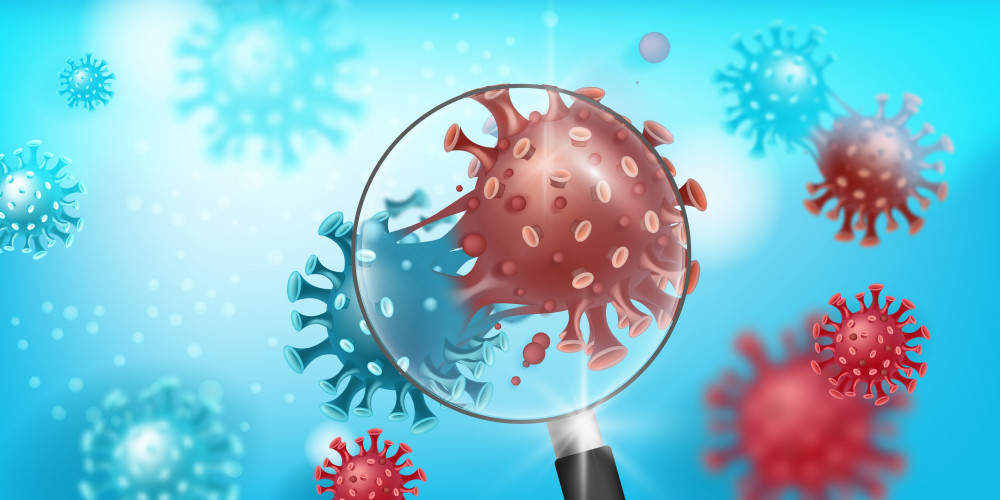
New recommendations meant to overhaul U.S. research oversight for enhanced potential pandemic pathogens (ePPPs) and life sciences dual-use efforts were submitted last week by a 34-member group of scientists, public health experts, and policy researchers.
These recommendations were submitted by letter to the White House National Security Council and Office of Science and Technology Policy, the U.S. National Institutes of Health (NIH), and the National Science Advisory Board on Biosecurity (NSABB). It was prompted by an ongoing internal review of related policies by the U.S. government as the world continues to assess lessons learned from the COVID-19 pandemic.
“There are critical gaps in these guidance documents that need to be addressed as part of the current USG review process and concomitant NSABB review,” the signatories wrote. “The USG has an extraordinary obligation to prevent USG funding or approval of work that could start an epidemic or pandemic, as well as to provide international leadership in this realm.”
Among the recommendations for charge were to:
- Modify and expand the number of pathogens governed by the ePPP framework
- Grow who is covered by that framework to include all government agencies and non-federally funded research
- Assess and identify risks and benefits of proposed experiments
- Restructure or spell out review, communication, biosafety, biosecurity, and transparency processes
- Revise dual use research of concern policy to broaden its scope and clarify its requirements
Dual use research of concern, or DURC, refers to life sciences research that can be reasonably anticipated to provide information, technology, and the like that could be misapplied and produce a significant threat to public health and safety, the environment, or more. The ePPP framework referred to here includes both the White House Office of Science and Technology’s (OSTP) “Recommended Policy Guidance for Departmental Development of Review Mechanisms for Potential Pandemic Pathogen Care and Oversight (P3CO)” and the U.S. Department of Health and Human Services’ (HHS) “Framework for Guiding Funding Decisions about Proposed Research Involving Enhanced Potential Pandemic Pathogens.”




